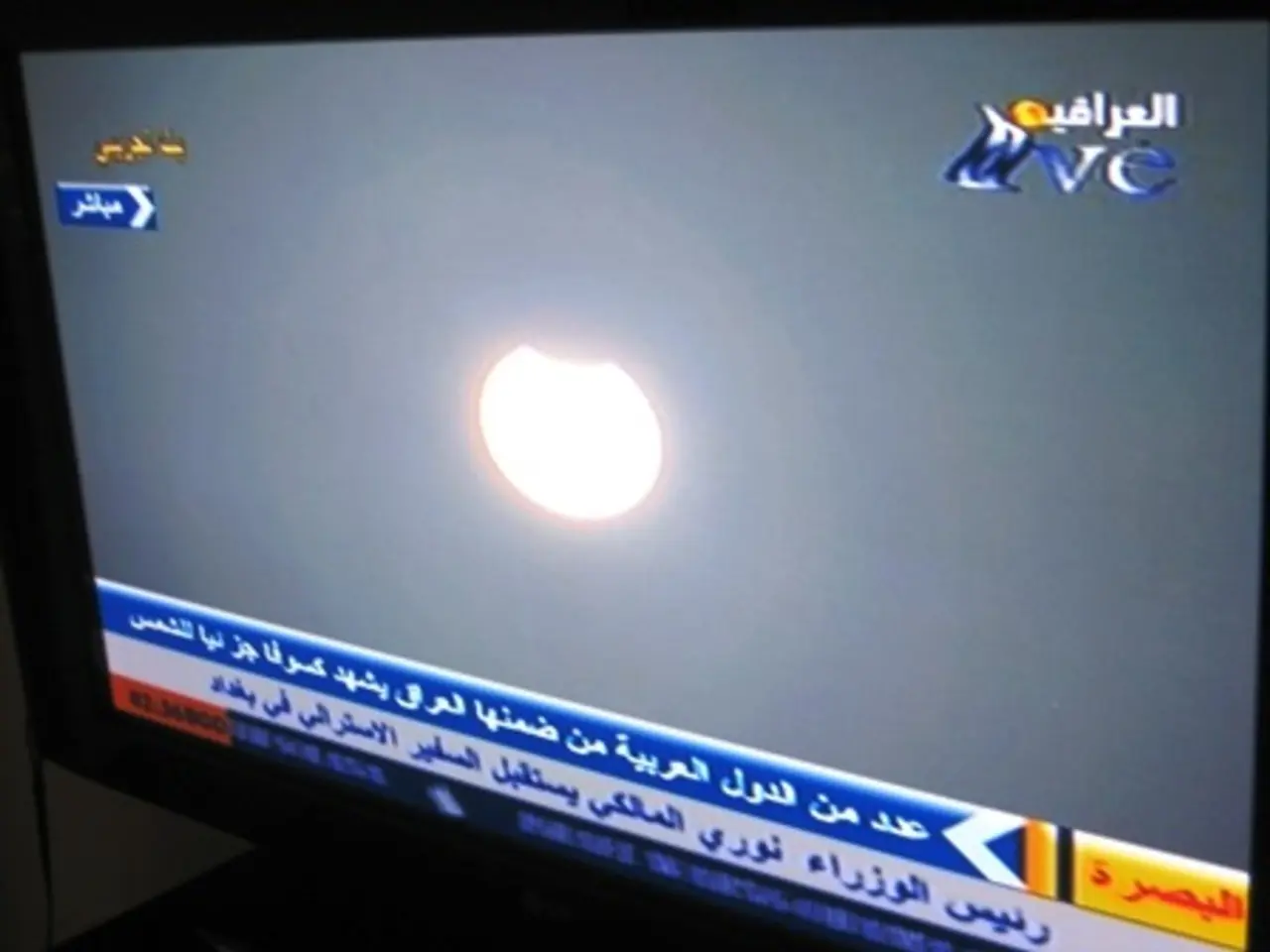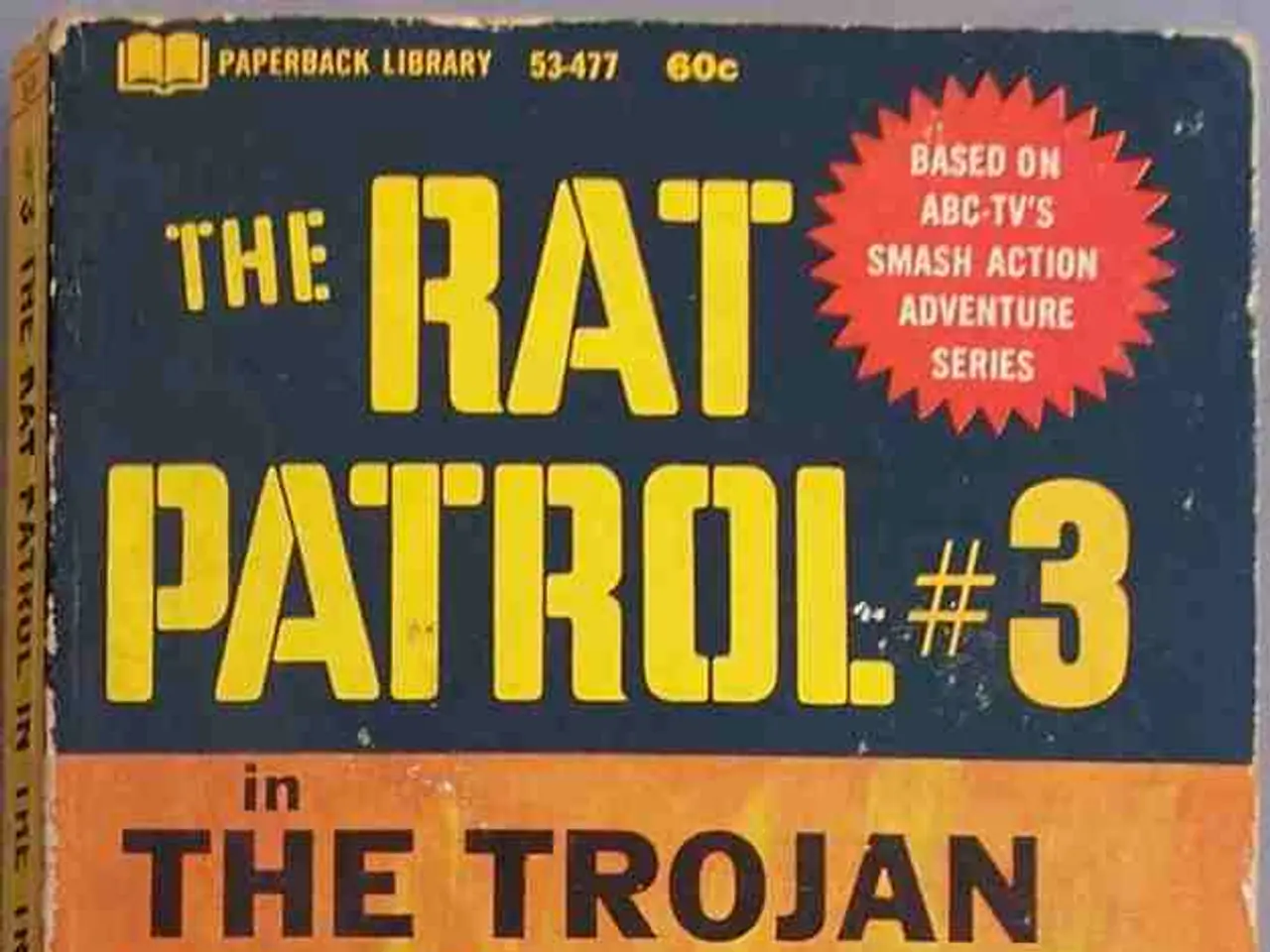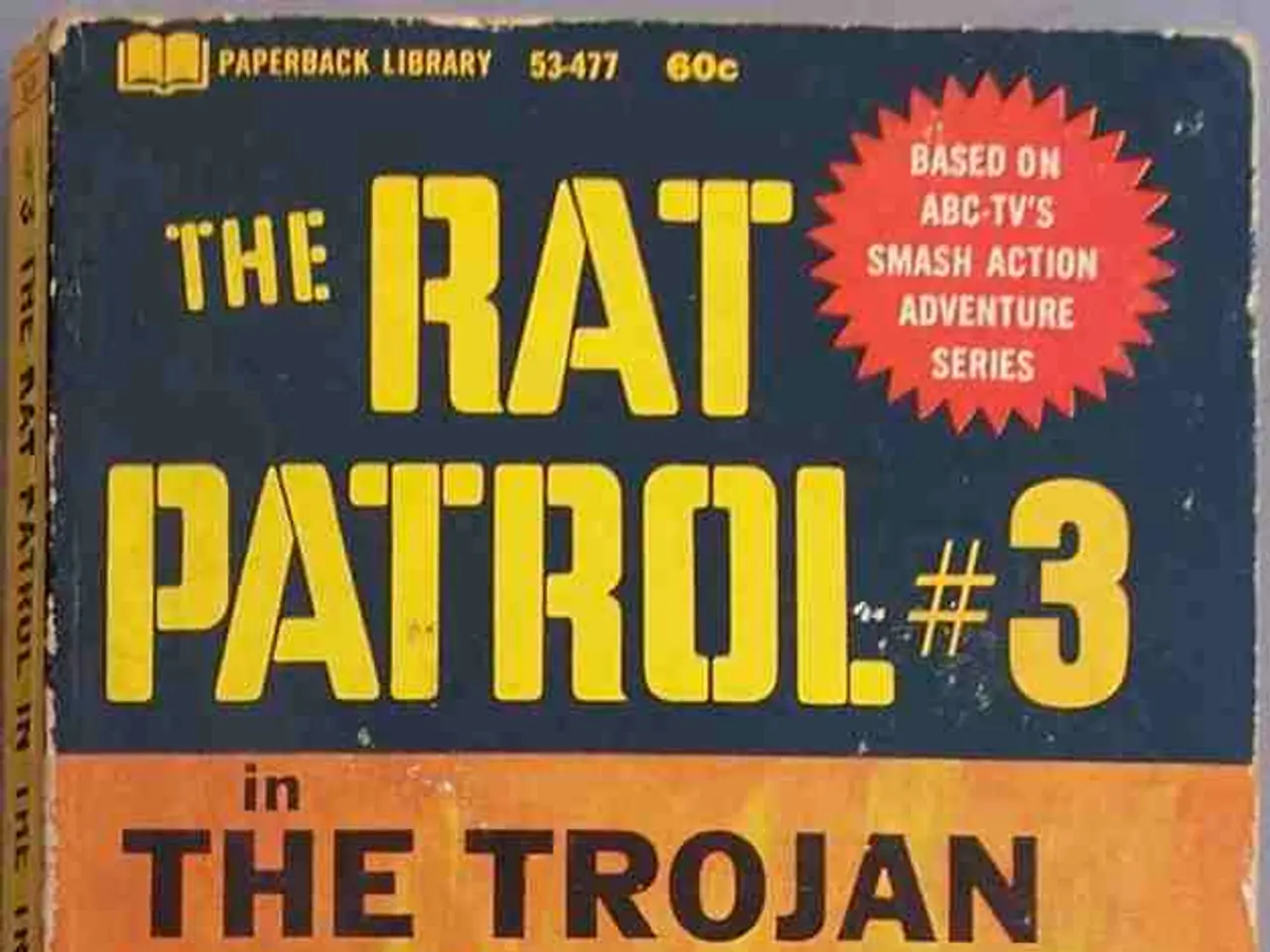Ten-Day Silencing of Rebellious Turkish Channel Halk TV
Turkish authorities impose a 10-day broadcast ban on opposition media outlets
In a stark display of government control, Turkey has clamped a ten-day blackout on Halk TV - a defiant opposition channel. The Turkish Radio and Television Supreme Council (RTUK) announced the sanction on a turbulent Thursday, accusing the network of inciting hostility among the masses by airing questionable content. The offending material was a statement made by a guest, who insinuated that Turkey was veering towards a cult-like society rather than simply becoming less religious.
Halk TV is synonymous with the Republican People's Party (CHP), Turkey's largest opposition party. Recently, the party has been grappling with escalating political pressure under the rule of President Recep Tayyip Erdoğan. The most recent instance of pressure being exerted was the detention of Ekrem İmamoğlu, the prominent CHP-affiliated mayor of Istanbul, which stirred the largest protests in Turkey since the Gezi protests in 2013.
Reporters Without Borders (RSF) voiced their disapproval, stating that the RTUK is relishing in its ability to disproportionately censure any debate or criticism, fueled by the political and judicial repression of the CHP. RSF fear that opposition-leaning broadcast channels akin to Halk TV could eventually be driven to closure in the long run.
Interestingly, earlier in the year, authorities had decided to impose a similar broadcasting ban on Sozcu TV, another opposition-friendly channel, but the decision was deferred before it could be implemented. As per the Press Freedom Index by Reporters Without Borders, Turkey ranks an alarming 159th out of 180 countries in terms of media freedom.
Notably, the media landscape in Turkey has been under considerable threat, with strong authoritarian leanings repressing opposition media outlets, as per reports. Authors, journalists, and independent media faces arrests, prosecutions, censorship, and even physical violence, including from state security forces. An increasing number of charges against journalists involve terrorism-related accusations, insensitive remarks, and disinformation laws.
Recently, Turkey's media watchdog, the RTÜK, imposed sanctions on Halk TV, along with similar measures on Tele 1 and SZC TV, warning the latter of potential license revocation. These continued crackdowns on the few remaining opposition channels have led some to worry about the erosion of free speech in Turkey, as the country plunges further into a homogeneous media landscape under the influence of pro-government control.
- Amidst the ongoing suppression of opposition media, concerns about the future of community policy, employment policy, and general-news within Turkey have arisen, as the RTÜK's continual crackdowns on channels like Halk TV, Tele 1, and SZC TV, potentially threaten the freedom of speech.
- As Turkey grapples with political pressure under President Recep Tayyip Erdoğan, debates and criticism towards the government have been met with disproportionate censure, heightening risks of war-and-conflicts, crime-and-justice, and employment policy disputes within the country, given the illustrative examples of Halk TV and Sozcu TV.





